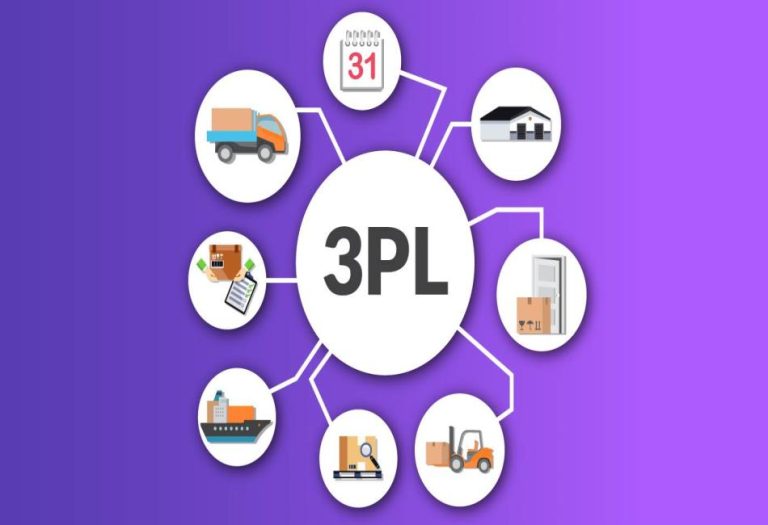Small Businesses, Big Impact: How Microbrands Are Shaping Local Economies and Digital Trends
In the age of mega-corporations and one-click convenience, it is easy to forget that many of today’s most innovative ideas begin at the smallest level. Across towns and cities, from family-run bakeries to niche eco-friendly product startups, small businesses are shaping what it means to build for impact. Their influence extends far beyond a storefront. These businesses are increasingly driving economic growth, community identity, and even global digital trends.
The Rise of Microbrands
Microbrands are small companies with a sharp focus on a specific product or customer base. These brands often start in living rooms or garages, armed with a creative idea and a passion for quality. What separates them from traditional small businesses is how they use digital platforms to connect with highly targeted audiences.
Instead of trying to appeal to everyone, microbrands use data, storytelling, and word-of-mouth to build devoted communities. They listen closely to feedback, update products quickly, and remain responsive in ways that larger corporations cannot. Platforms like Instagram, Etsy, and Shopify have made it easier than ever for small teams to launch with a national or global reach.
Local Roots, Global Influence
Despite their digital fluency, many microbrands remain deeply rooted in their local communities. They source materials from nearby suppliers, hire local workers, and reinvest profits into neighborhood projects. Whether it is a craft brewery supporting a local art show or a sustainable fashion brand partnering with a regional textile producer, these connections form a feedback loop of trust and visibility.
This community-first mindset can offer long-term benefits. Shoppers often prefer to support businesses that contribute to their local economy. In return, microbrands benefit from loyal customers who help amplify their voice far beyond their zip code.
The Role of Digital Tools
Of course, growth brings challenges. Managing payroll, HR tasks, compliance, and benefits can easily overwhelm a founder focused on their craft or service. Thankfully, modern software solutions exist to help small businesses scale without compromising their core values.
Various platforms provide intuitive HR tools designed specifically for small teams. With features that support hiring, payroll, and benefits, these tools allow entrepreneurs to spend less time on logistics and more time growing their brand. These services are convenient, accessible, and becoming essential to ensure compliance and professionalism in a competitive market.
Small Teams, Agile Mindsets
The agility of small businesses is part of their superpower. Unlike large companies that need months to make a change, microbrands can shift gears in real time. If a product does not resonate with customers, they can pivot quickly. If a global event changes how people shop or live, they can adapt without red tape or corporate hesitation.
This adaptability became particularly clear during global disruptions like the COVID-19 pandemic. Many small businesses responded to community needs faster than large retailers, offering delivery, digital ordering, and even changing their product lines to stay relevant and supportive. Their quick thinking made an impact, not just in revenue, but in trust.
Education and Values Matter More Than Ever
Consumers are increasingly looking for transparency and alignment with their values. They want to know where their purchases come from, how business owners treat their employees, and whether the brand is environmentally or socially responsible. Microbrands can meet this demand by being upfront, accessible, and mission-driven.
Even brands started by just one or two people can offer deep education around their product, whether it is the science behind a skincare line or the craftsmanship of a handmade wooden table. This education fosters trust, which in turn leads to long-term customer relationships.
What Small Businesses Teach the Next Generation
In many ways, today’s small business owners are role models. They show young people that you do not need a corporate job to be successful. You can build something meaningful from scratch, on your terms, while still supporting others.
They also model resilience. From late nights and tight budgets to moments of significant growth, these stories matter. They prove that being small does not mean being insignificant. Small businesses have often led the way in introducing new models for remote work, work-life balance, and purpose-led entrepreneurship.
The Power of Small
Small businesses are more than just economic units. They are reflections of creativity, risk-taking, and local pride. As digital tools continue to lower the barriers to entry, we will likely see more individuals and communities carving out their own space in the economy.
With the right tools, thoughtful planning, and a commitment to quality, even the smallest brand can make a big impact. The future of business is increasingly being shaped by agile, mission-driven small teams that prioritize long-term customer relationships and intentional growth, proving that sustainable impact often comes from focused, well-connected efforts.







